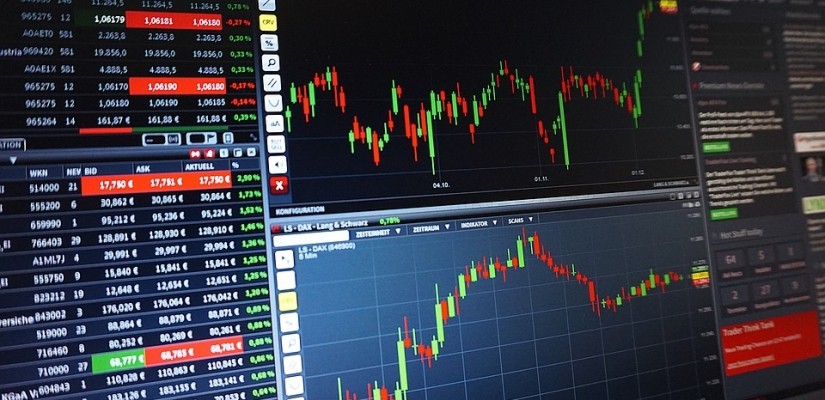Seven of the world's largest economies gathered in Biarritz, France on August 24, 2019, to discuss topics in economics, security, trade policy, and environmental issues. This year the 45th G7 summit is marked by a public expectation that leaders will work to reduce global trade tensions. Fears of a global economic recession have escalated as a result of the global trade war between the two of the world’s biggest economies, China and the United States. The current economic slowdown has become worrisome for the international community as populism and protectionist rhetoric spreads across the globe.
In the meeting, French President Emmanuel Macron declared that the seven industrialized nations participating in the conference were firmly committed to open and fair world trade and global economic stability. The G7 leaders expect that China and the United States will move towards resolving their escalating trade war. Although in the meeting President Trump has promised to resolve the issue through consultations and cooperation, it is still uncertain as to whether the US will find common ground with China as the trade war continues with no end in sight. Trump has also stated that there is a possibility of raising higher tariffs against China. The 2019 G7 summit has still left questions of trade war and recession threat because this year marks the first time in the organization's history that the forum did not issue a joint agreement.
Summit leaders expressed concern that Trump's escalating trade war with China could spread across the globe. The US has also announced that it will raise existing duties on $250 billion in Chinese products to 30% from 25% on October 1, 2019. Additionally, tariffs on another $300 billion in Chinese goods, which started to take effect on September 1, 2019, will now be increased to 15% from 10%. While during the summit Trump contended that he has not received push back from allies regarding the trade war, other G7 leaders have made it clear that they are concerned about the trade war and possible damage to the global economy.

European Council President Donald Tusk had also warned that the trade war would lead to a global recession, especially after Wall Street stocks plummeted the day following Trump’s announcement to hike tariffs on Chinese imports from 25% to 30%. The President of the United States has continuously threatened imposing tariffs not only on China but also European markets, including Germany's car industry and France's wine sector when France's proposed sales tax that would target American technology corporations such as Facebook and Apple. The UK export markets are also at risk of slipping into a recession amid the trade tensions between China and the US especially with only 0.2 percent economic growth in the last quarter of 2018. President Trump has accused China of taking advantage of the United States for many years through trade and intellectual property theft. The European Council president has strongly recommended more trade deals to boost the economy instead of maintaining tough rhetoric against partners.
As the trade war escalates, other countries stand to benefit. The new US-China trade tariffs have made the Southeast Asia region more attractive for countries in the broader Asia-Pacific region. With wages in China continuing to rise, companies might be exploring other parts of the world in search of cheap manufacturing labor and production costs. Southeast Asian countries like Thailand, Malaysia, and especially Vietnam, have been some of the biggest beneficiaries of these shifts. For example, some major electronics companies such as Nintendo, Sharp, and Kyocera have recently announced plans to relocate some production from China to Vietnam amid trade tensions between China and the US. One other major reason for other countries worrying about the trade war is that both China and the US are enormous markets for goods from around the world. Massive tariffs could mean that consumers and businesses in both countries will end up significantly reducing their consumption.
The uncertainty over trade disputes is alarming for global investment and purchasing. The chances of a global recession are increasing because the trade war between China and the US is slowing global economic growth. Global growth this year is forecast to be lower than last year from 3.9 percent to 3.2 percent according to the IMF. Moreover, a possible economic slowdown remains broadly in line with fears of job market cutbacks that might hit many G7 economies due to the continuing escalation of the trade war. The G7 summit is expected to help create policies that are vital to reducing trade war tensions and to prevent further damage from protectionist rhetoric. G7 leaders should be able to push forward trade deals between China and the US instead of escalating trade wars.
The threat of a global economic recession lies in the role of the World Trade Organization (WTO) in reducing hostilities by using its power to create a rules-based multilateral trade system that is inclusive, consistent with existing rules, and accommodating. Therefore, it is also essential for G7 leaders to continuously support WTO reform to strengthen its role in creating more robust intellectual property protection, a more efficient system in dispute resolution, and stable international trade.
